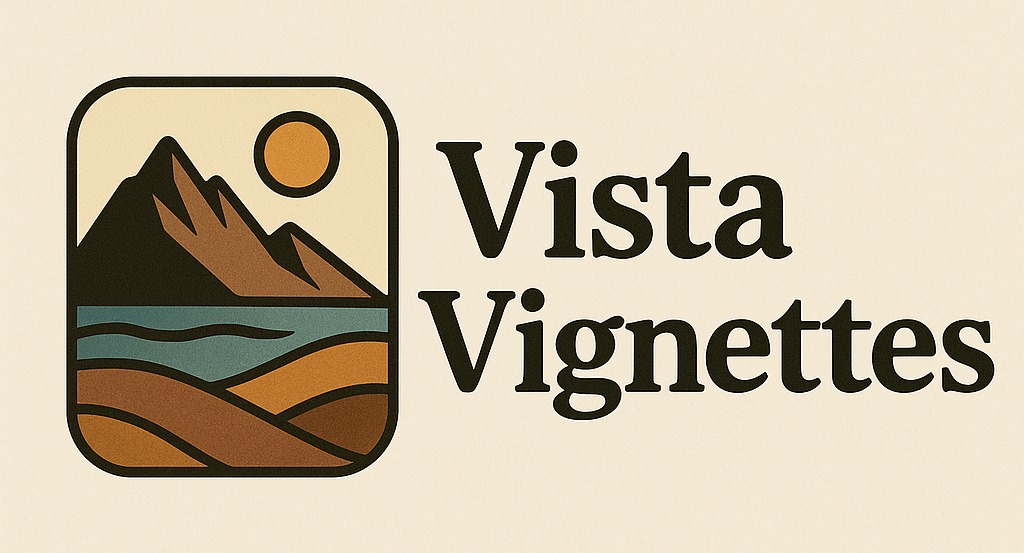Ruchi Desai has skilled firsthand the latest temper shift in beverage-alcohol funding. In 2021, in her position as co-founder and CEO of beer model Elite Eight Lager, she raised an preliminary $5 million for the corporate over the course of six weeks. In December 2024, simply three years later, it took her 9 hard-fought months to lift $10 million in sequence A funding.
“Throughout Covid, individuals had been ingesting extra, so everybody had the next consciousness of alcohol. …There was a number of capital and there was a number of frothiness each in valuations and ease of increase, and that has all settled,” says Desai, who based early-stage enterprise fund Rising Tide Ventures final 12 months. “It’s nearly just like the beer has gone flat.”
The financial local weather that allowed Casamigos to promote for $1 billion in 2017, Patrón for $5.1 billion in 2018, and Aviation Gin for $610 million in 2020 has receded. At the moment, the final investor sentiment round alcohol is extra subdued. Information printed by Capstone Companions reveals annual declines in beverage business deal-making since a excessive level in 2021. Mergers and acquisitions did rebound barely in 2024, although lots of them had been associated to wholesaler consolidation or had been strategic buys of underperforming manufacturers.
Do not Miss A Drop
Get the newest in beer, wine, and cocktail tradition despatched straight to your inbox.
Pronghorn, a Diageo-backed accelerator that goals to develop Black-owned spirits corporations, has slowed its charges of funding lately. President Ron Cole advised Brewbound that Pronghorn is shifting its consideration to manufacturers with a extra confirmed observe file of development, ones that aren’t on the “very starting of their journey, however possibly a 3rd of the best way there.” Latest busts — like Classic Wine Estates’ $600 million IPO in 2021 and subsequent chapter simply three years later — are nonetheless contemporary, and inflicting some capital to attend on the sidelines with regards to alcohol manufacturers.
“Investments that had been carried out at these actually hefty valuations and their failure to reside as much as expectations, … it’s been a bit bit sobering, should you can pardon the pun,” says Stephen Rannekleiv, world strategist for drinks at Dutch monetary providers agency Rabobank.
Buyers’ causes for reticence are various. Rates of interest above 4 p.c have slowed deal-making in lots of financial sectors, not simply alcohol. However booze has its personal particular set of challenges: consolidation amongst wholesalers and retailers, a proliferation of latest mood-altering merchandise like THC drinks and adaptogenic sodas, plus Covid’s complicated results on People’ buying habits. All are a drag on investor urge for food, significantly with regards to early-stage manufacturers. Some traders are even asking whether or not ingesting is on its means out solely. It’s the place they land on that query that determines whether or not — and the place — they’re spending cash in alcohol proper now.
“It actually comes right down to: Do you learn the headlines or do you learn [deeper]?” says Brian Rosen, founder and managing associate at InvestBev, a personal fairness agency specializing in grownup drinks. “The headlines had been: Alcohol causes most cancers. However what you don’t learn as a lot about is that Warren Buffett, the most effective investor in historical past, invested $2 billion into Constellation the identical 12 months.”
Rosen’s bullish stance on alcohol may make him a contrarian in sure finance circles, however he’s definitely not alone. New stories have given credence to the concept Gen Z isn’t giving up ingesting within the methods some headlines have urged. In April, Rabobank printed analysis whose top-line discovering was that Gen Z’s decrease ranges of alcohol consumption now are principally associated to monetary pressures, and can seemingly enhance drastically as they age and earn extra. And in June, alcohol knowledge firm IWSR launched a report headlined “youthful legal-drinking-age shoppers are re-engaging with alcohol.” Its BevTrac client analysis discovered the portion of Gen Z that reported ingesting inside the previous 6 months rose from 46 p.c to 70 p.c between April 2023 and March 2025.
If general U.S. alcohol gross sales are down — single-digit declines for the following few years appears a consensus wager — it doesn’t sign that the sky is falling. As a substitute, it necessitates smarter bets on corporations that may survive on this harsher setting.
These findings don’t shock Noah Sanborn Friedman, co-founder and managing associate of High Shelf Ventures, a enterprise and private-equity fund centered on alcohol and broader vice merchandise. Sanborn Friedman says that amongst his cohort — which he affectionately refers to as “Twitter and tech bros” — it’s trendy to specific a disdain for alcohol and to publicly downplay its future. Privately, although, he believes it’s a special story.
“The reality is, as a lot as individuals like to speak on-line about how they suppose nobody drinks anymore, you get a few cocktails in them after which they’re like, ‘Dude, you’re so proper. It’s whole nonsense,’” Sanborn Friedman says. “Alcohol is constructed into behavior, ritual, and tradition in ways in which different issues aren’t.”
This is among the core arguments that proponents of alcohol’s future will make: Alcohol fulfills an innate human need for connection, socialization, and temper alteration that goes again hundreds of years. Whether or not or not persons are ingesting, they are saying, isn’t altering a lot as what we drink is altering. Wine is on the decline whereas ready-to-drink cocktails are on the rise, and craft beer volumes are declining as non-alcoholic beer positive aspects steam. All of this factors to a extra measured investor method to the alcohol area. If general U.S. alcohol gross sales are down — single-digit declines for the following few years appears a consensus wager — it doesn’t sign that the sky is falling. As a substitute, it necessitates smarter bets on corporations that may survive on this harsher setting. Outdoors of manufacturers, there are nonetheless loads of offers occurring within the alcohol distribution and manufacturing areas, together with Asahi’s buy of co-packing facility Octopi Brewing in January 2024 and Hand Household Corporations’ acquisitions of wholesalers in Southern California earlier this 12 months.
It’s why even alcohol business boosters aren’t sticking solely to legacy classes like luxurious wine or gentle lagers. High Shelf Ventures has invested in rising classes together with hemp-derived THC drinks, which the corporate is betting will ultimately be regulated, bought, and consumed like alcohol. For its half, InvestBev has not too long ago backed “clear power” model Fortunate Power, and has repeatedly invested in laborious kombucha and RTD cocktail model JuneShine in addition to hemp-derived THC beverage firm Cann. If the Federal Reserve follows by means of on the 2 rate of interest cuts it has signaled for the 12 months, Rosen expects extra acquisitions of rising manufacturers within the better-for-you, non-alcoholic, and hemp beverage lanes.
“That is undoubtedly a correction within the alcohol market and it’s undoubtedly going to weed out a number of the manufacturers that hadn’t made it to the proper scale but, or inefficient operators or manufacturers that didn’t have a cause to exist.”
The explanation this selective method to deal-making looks like such a departure is as a result of, nicely, it’s. In distinction to the bonanza of 4 or 5 years in the past, as we speak’s patrons are taking what Rannekleiv calls a “horses for programs” method, choosing corporations that make strategic sense for his or her portfolios. (He cites Constellation’s sale of six wine manufacturers and manufacturing services to The Wine Group in April for instance.) Chase Brooks, founder and common supervisor of draft cocktail options firm Strong Liquid, says that investor warning round alcohol little doubt causes some short-term ache for manufacturers seeking to increase cash. However in the end, it makes for a extra aggressive and wholesome business panorama than the simple capital he discovered when elevating funds for a previous alcohol model in 2018.
“That is undoubtedly a correction within the alcohol market and it’s undoubtedly going to weed out a number of the manufacturers that hadn’t made it to the proper scale but, or inefficient operators or manufacturers that didn’t have a cause to exist,” Brooks says.
Debate over the way forward for alcohol consumption in America, and significantly the questions round how Gen Z will mature, stay on the minds of traders. As Gen Z and, behind them, Gen Alpha age into their 20s and 30s, the business will achieve readability on simply how completely different — or comparable — their habits are to their dad and mom’ and grandparents’. And if decrease ingesting ranges do turn into the norm, that hardly spells the top of the multibillion-dollar business. It simply makes for a extra Darwinian setting for brand spanking new and established manufacturers alike.
“The alcohol class is very large. Even when we undergo 5 or 10 straight years of single-digit decline, it’s going to nonetheless be huge,” Brooks says. “It’s going to simply be, in my view, a extra sincere market the place it’s important to do a number of battle to outlive.”
This story is part of VP Professional, our free platform and publication for drinks business professionals, protecting wine, beer, liquor, and past. Join VP Professional now!


